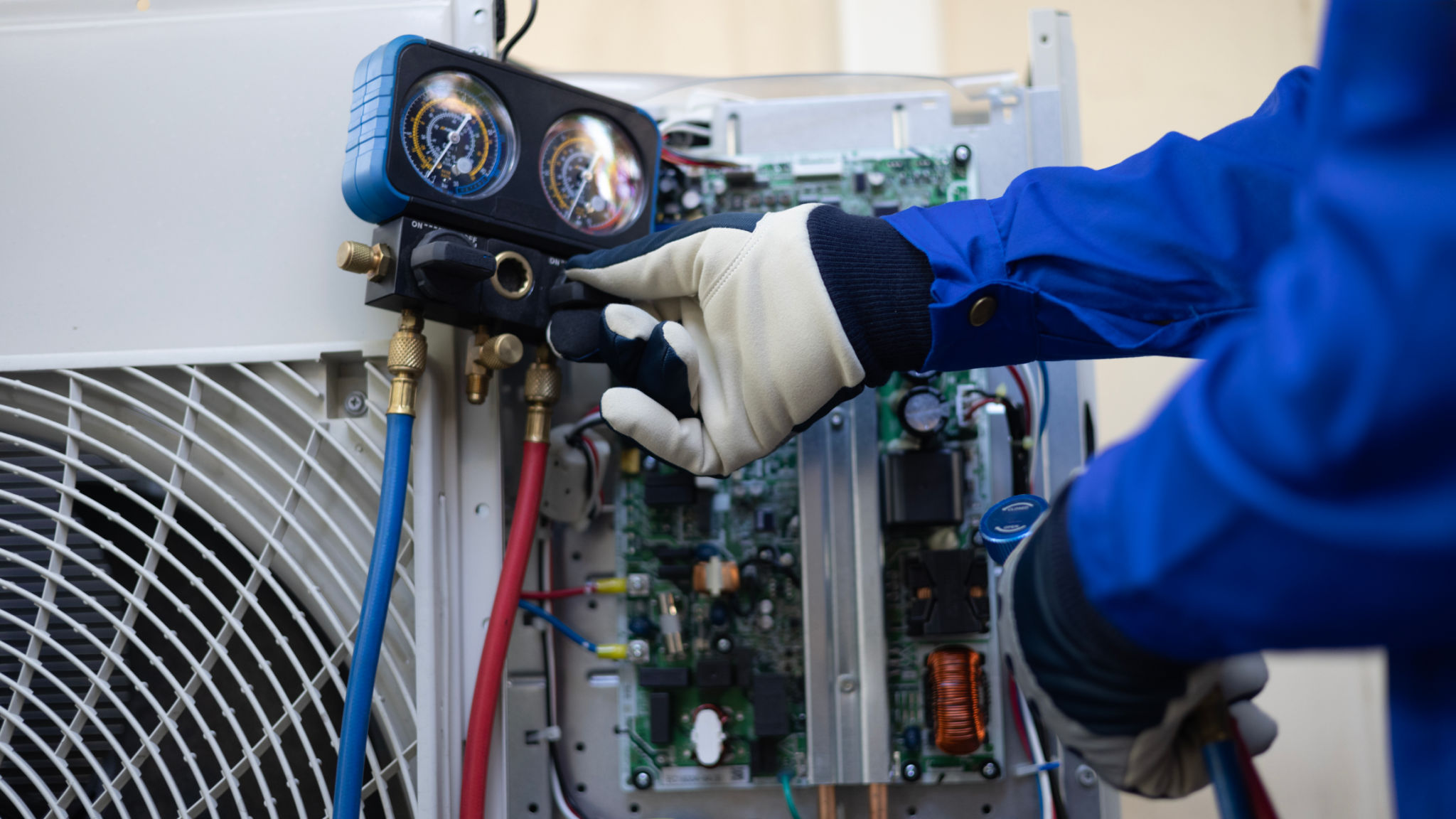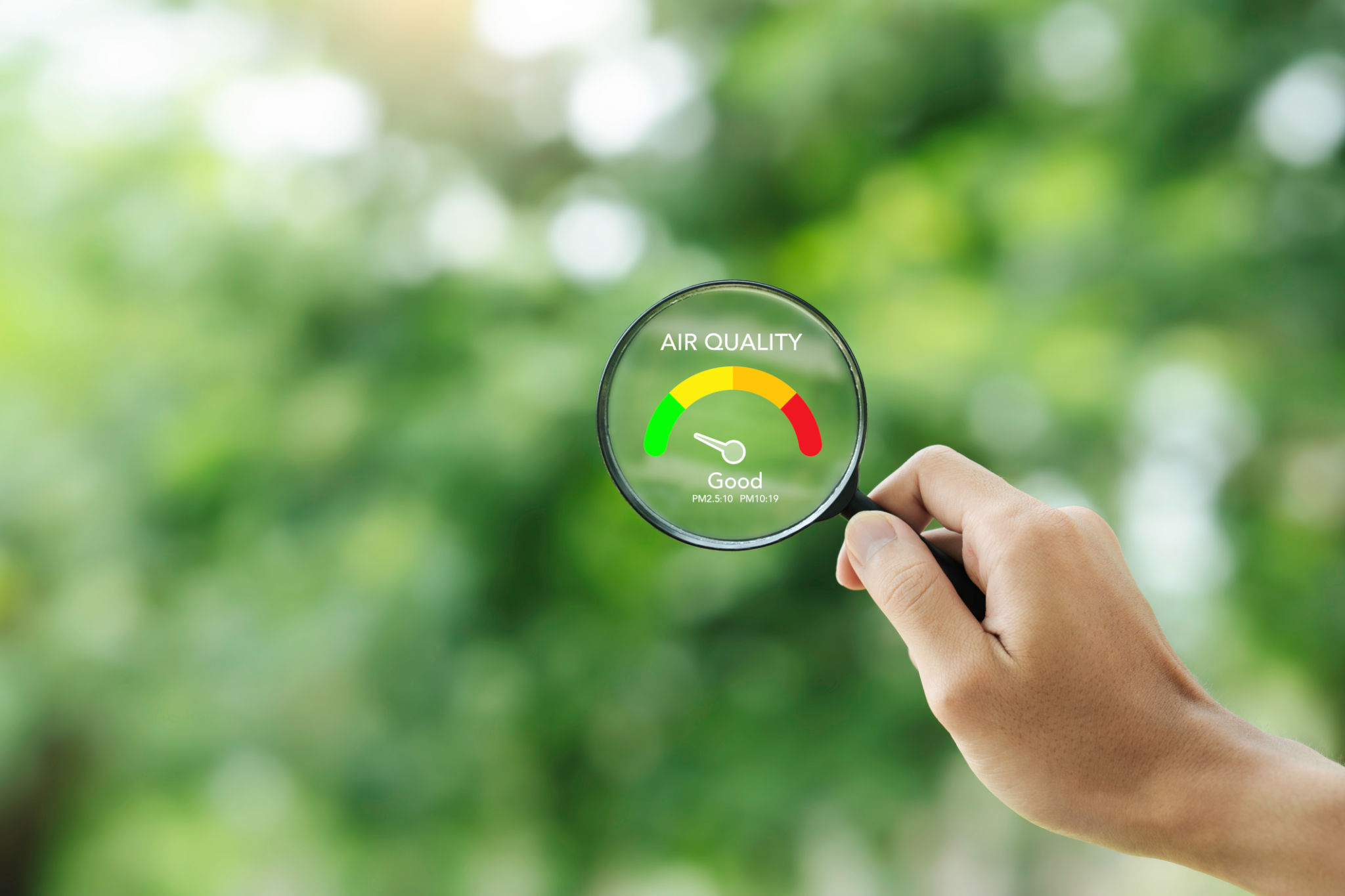Expert Insights on the Latest HVAC Trends and Technologies
Rising Importance of Energy Efficiency
In today's world, energy efficiency is no longer just a buzzword; it's an essential component of modern HVAC systems. With a growing emphasis on reducing carbon footprints, HVAC manufacturers are focusing on creating systems that consume less energy while delivering optimal performance. This trend is driven by both government regulations and consumer demand for greener solutions.
Innovations such as variable-speed compressors, smart thermostats, and advanced zoning systems are at the forefront of this movement. These technologies allow homeowners and businesses to precisely control their indoor environments, leading to significant energy savings.

Smart Technology Integration
The integration of smart technology into HVAC systems is transforming how we manage indoor climates. With the rise of the Internet of Things (IoT), HVAC systems are becoming more connected, offering users unprecedented control and convenience. Through mobile apps and voice-activated assistants, users can adjust their systems remotely, monitor energy usage, and receive maintenance alerts.
Moreover, predictive maintenance powered by AI is enhancing system reliability. By analyzing data patterns, these systems can predict potential failures before they occur, minimizing downtime and reducing repair costs.

Focus on Indoor Air Quality
As awareness of health and wellness increases, indoor air quality (IAQ) has become a major focus in HVAC design. The latest technologies are geared towards improving IAQ by incorporating advanced filtration systems that capture pollutants, allergens, and even viruses.
HEPA filters, UV-C light technology, and air purifiers are common features in modern HVAC systems. These innovations are crucial in creating healthier indoor environments, particularly in commercial settings where large numbers of people gather.

Adoption of Renewable Energy Sources
The shift towards renewable energy is significantly impacting the HVAC industry. Solar-powered HVAC systems and geothermal heating and cooling solutions are gaining popularity as sustainable alternatives to traditional systems. These solutions not only reduce reliance on fossil fuels but also offer long-term cost savings for users.
Geothermal systems, for example, utilize the earth's stable temperature to provide efficient heating and cooling all year round. This technology is proving to be especially beneficial in regions with extreme weather conditions.
Advanced System Design
The design of HVAC systems is evolving to meet the demands of modern architecture and environmental standards. Compact and modular designs are becoming more common, allowing for easier installation and integration into existing structures.
Additionally, ductless mini-split systems are gaining traction due to their flexibility and efficiency. These systems provide targeted heating and cooling without the need for extensive ductwork, making them ideal for retrofitting older buildings.

Sustainability and Green Building Standards
The push for sustainability is driving the adoption of green building standards such as LEED (Leadership in Energy and Environmental Design). HVAC systems play a crucial role in meeting these standards by reducing energy consumption and improving indoor environmental quality.
Manufacturers are responding by developing systems that not only meet but exceed these standards. This trend is expected to continue as the construction industry increasingly prioritizes sustainable building practices.
Conclusion: Navigating Future Trends
The HVAC industry is undergoing rapid transformation driven by technological advancements and environmental imperatives. Professionals in the field must stay informed about these trends to remain competitive and meet customer expectations.
As we look to the future, embracing these innovations will be key to creating efficient, sustainable, and healthy indoor environments. Whether it's through smart technology, renewable energy, or improved air quality solutions, the future of HVAC promises exciting opportunities for growth and development.
